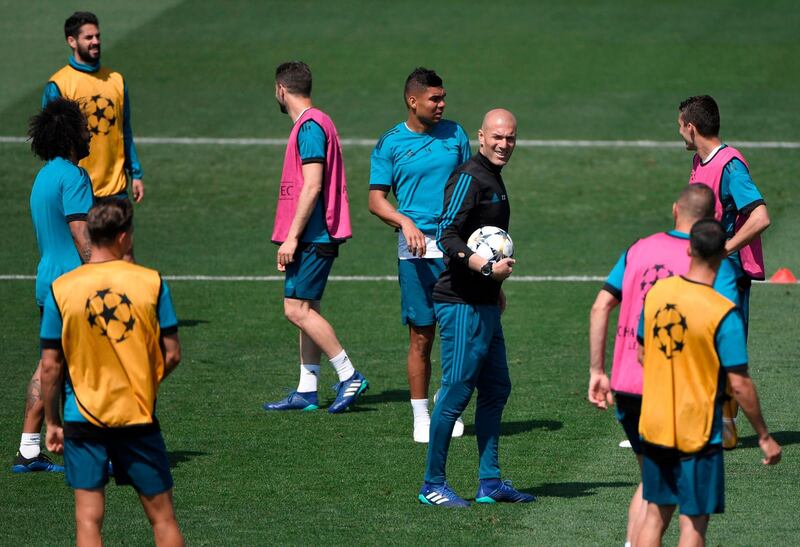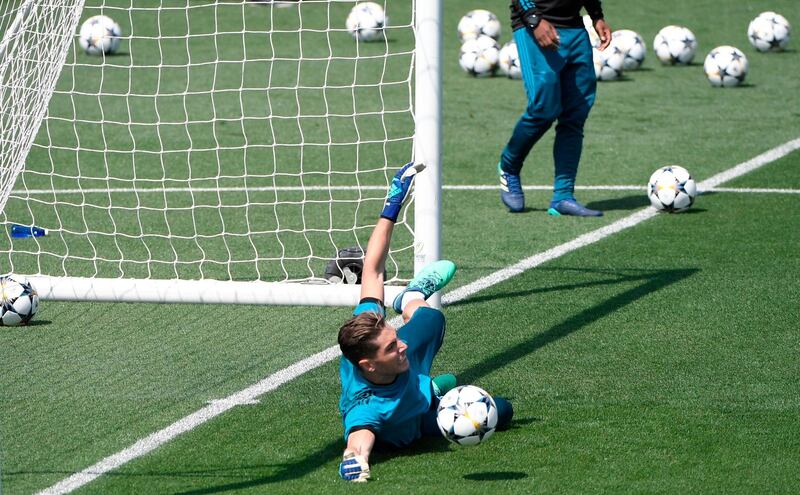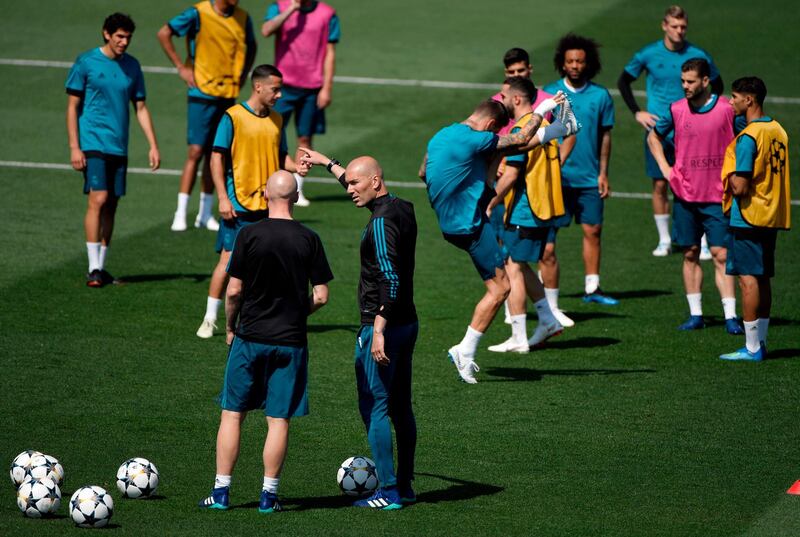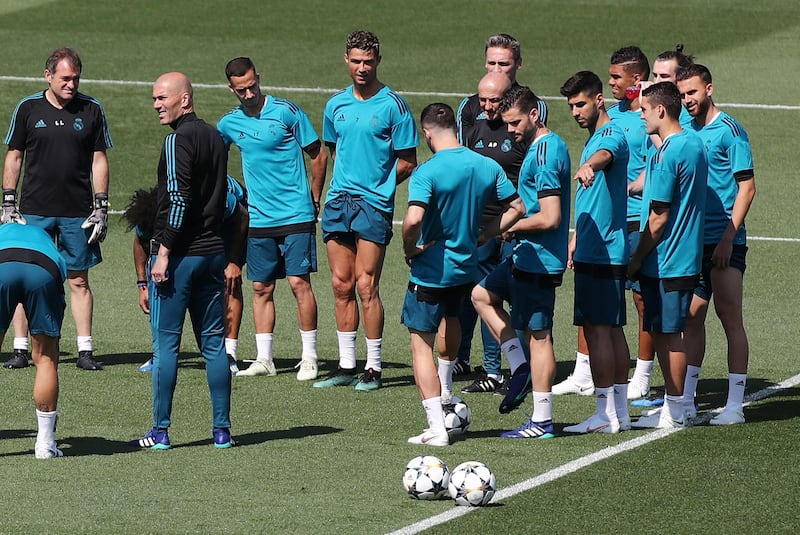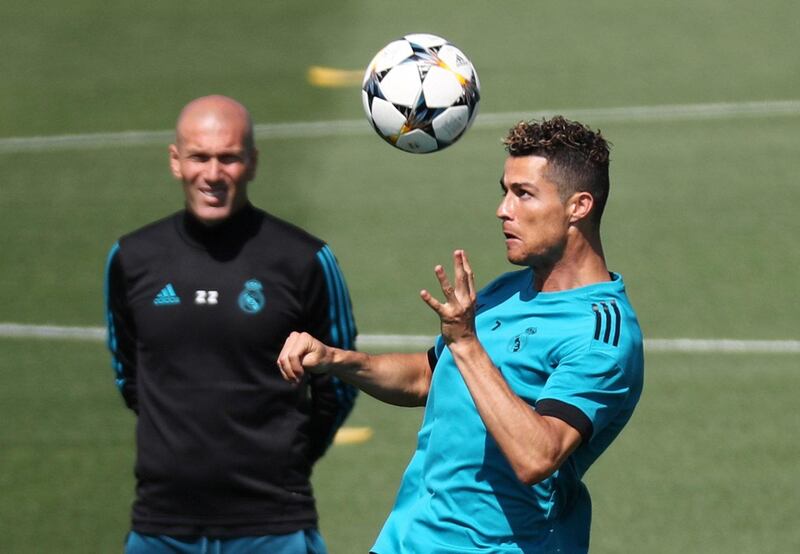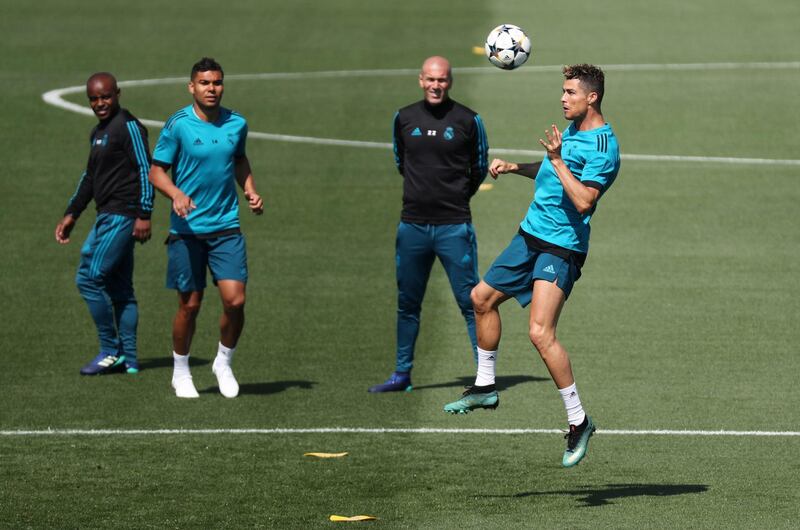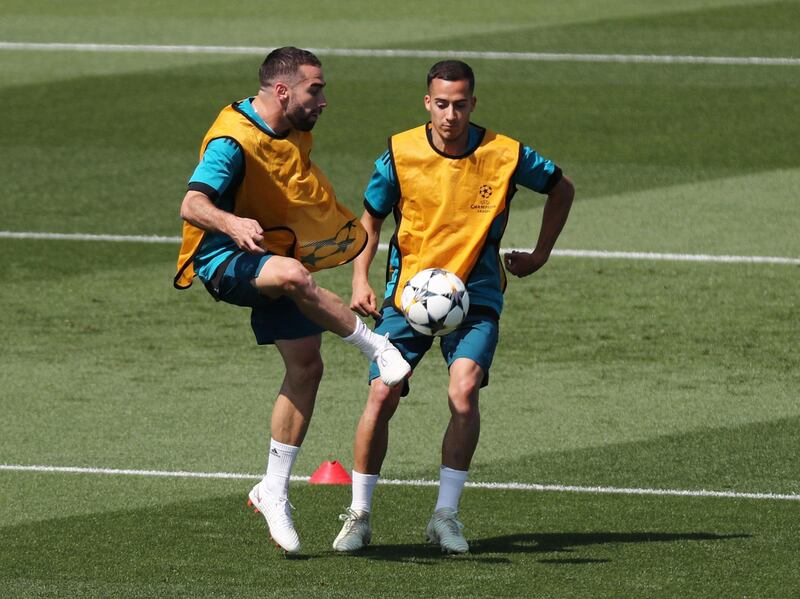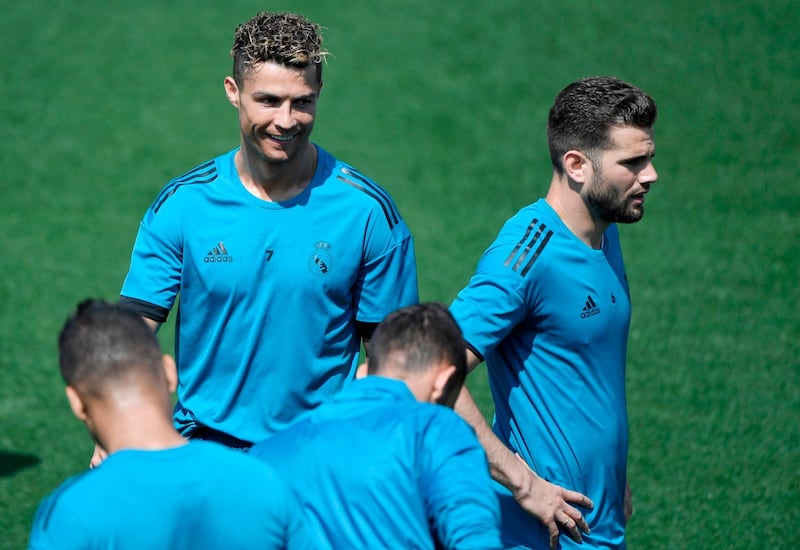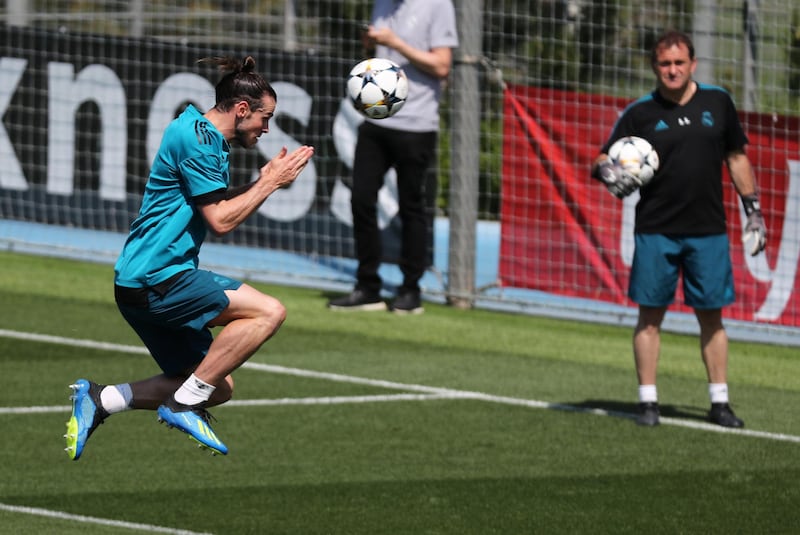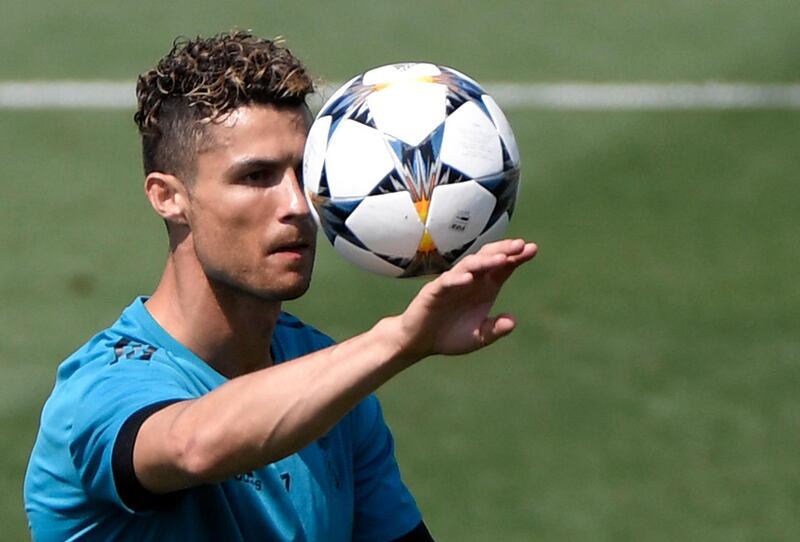At the halfway point of Real Madrid’s semi-final of this season’s Uefa Champions League, against Bayern Munich, Franz Beckenbauer, the German club’s honorary president, observed that Bayern’s players showed signs of developing a "complex" about these particular opponents. Beckenbauer sometimes offers brutal diagnoses too publicly for Bayern’s liking. But he certainly has the wisdom to detect psychological traits, to know how great teams simply influence outcomes through a powerful aura.
He, after all, projected that sort of aura at the peak of his long career, never more than in the early to mid-1970s, as captain of West Germany and leader of the most successful Bayern Munich in the history of the European Cup. That Bayern were the last squad to do something the current Real Madrid seek to emulate on Saturday in Kiev: to win three European Cup titles in sequence.
Seizing two of them back-to-back is no straightforward task. When Madrid defeated Juventus in Cardiff last June their two triumphs on the trot achieved something not done since 1990, by AC Milan. Even that great Milan, winners again in 1994, fell short of a hat-trick, as did Liverpool in the late 1970s, and Nottingham Forest, the champions of 1979 and 1980, and Benfica and Inter Milan in the 1960s. This is a trophy that stubbornly resists dynasties lasting more than two years.
Beckenbauer, who lifted the trophy for the third May in succession after Saint-Etienne had been beaten in Glasgow in 1976, was the governor of the last one. It would shape Bayern’s history and their present. Beckenbauer has remained close to the club, and influential, ever since. And any visitor to Sabenerstrasse, Bayern’s headquarters in Munich, is still quite likely to bump into a figure from the 1970s playing staff.
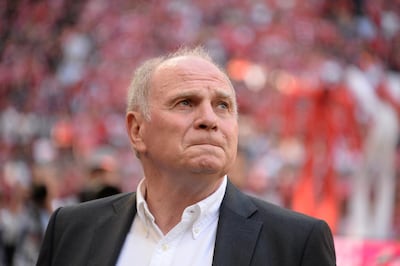
Someone like Uli Hoeness, say. Hoeness recently served a period in custody for tax evasion, and immediately returned, by popular vote, to his long-time role as president of Bayern. As a centre-forward, his goals had brought Bayern the first European Cup won by a German team, in 1974. That Bayern needed a replay to overcome Atletico Madrid, but, after a 1-1 draw in which the German champions scored the equaliser at the death of extra time, the rematch, two days later, was one-sided. Hoeness scored two goals, and Gerd Muller struck twice in a 4-0 victory.
Muller, the supreme penalty-box poacher, would go on to set lasting records for his goalscoring, for West Germany and for Bayern. He was short of stature, but could leap well and those stocky legs, Beckenbauer would recall, “made Gerd too fast to catch. He was unplayable for us defenders in training.” Muller was on the scoresheet again when Bayern, helped by some controversial refereeing decisions, beat Leeds United in Paris in the 1975 final.
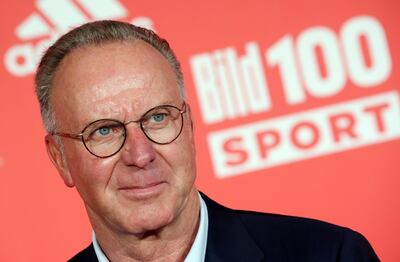
The following season, Bayern strengthened their attack. A blond winger, Karl-Heinz Rummenigge, supported Hoeness and Muller, receiving Beckenbauer’s precise passes from deep. By the 1976 final, against Saint-Etienne, Bayern had achieved their aura. Thanks to a free kick, earned by Muller and struck home by Franz Roth, Bayern won their third title on the trot. Rummenigge played his part and went on to become as important an executive at the club as Hoeness. That pair, as ex-players and godfathers of the Bayern supremacy, worked long and hard through the 1990s to put Bayern in a position to win their fourth European Cup, fully 25 years after the third.
Ajax Amsterdam, who had won three successive European Cups in the years playing their celebrated "Total Football", also found that, after the trio of titles there was a long pause. The Dutch masters – most associated with their dazzling young captain Johan Cruyff, who joined Barcelona after the third Ajax title – would only regain the continental crown again in 1995.
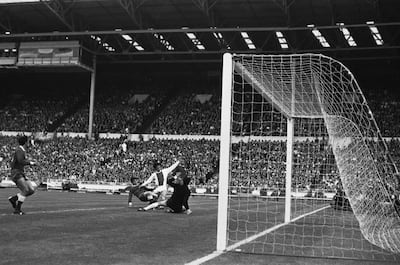
So a triple success can be a mixed blessing. Certainly, the Ajax and Bayern of the 1970s, and the astonishing Real Madrid of the 1950s, who won all the first five editions of the European Cup, left a burden on the generations that followed. Their triumphs had elevated individuals to a very select Hall of Fame. Alfredo Di Stéfano, the transformer of Real Madrid from a middleweight even in Spanish football, and scorer of goals in every victorious European Cup final between 1956 and 1960; and Cruyff and Beckenbauer were all game-changers, footballers who redefined the way the sport was played. For that, they will forever be emblematic of the three great club teams that planted their flags on Europe for longest.
The Madrid who hope to join the select band with at least two successful defences of the European Cup have their own, clear legend in the making. Cristiano Ronaldo has raised the ceiling, statistically, in modern goalscoring. What he has not quite established is that he is the greatest player of his era, or even that his Real Madrid should be the most admired club side of the past decade. Yet if Ronaldo and Madrid make it three in row on Saturday, history is obliged to remember them as that.
____________
Read more:
In pictures: Real Madrid take part in training session ahead of bid for historic Uefa Champions League title
[ Zidane and Klopp: Cut from a different cloth as players and now as managers ]
Jurgen Klopp: What Liverpool lack in experience they will make up for in desire
[ Dejan Lovren: Mohamed Salah belongs in same company as Messi and Ronaldo ]
_____________


